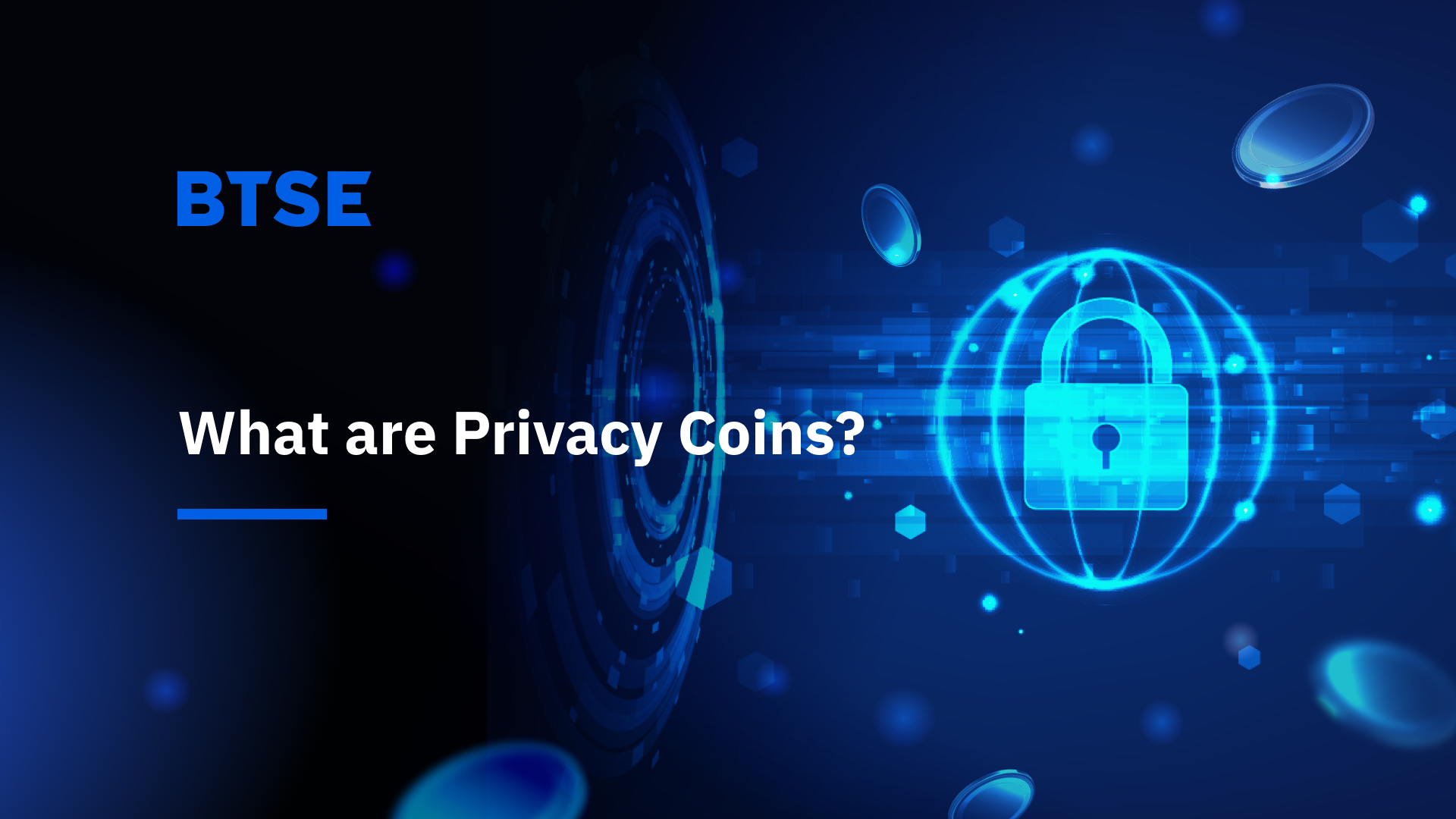19 5 月, 2023
Digital Assets Use Cases: Donations, Remittances, Retail and More

| Topic | Description |
|---|---|
| Charity | Exploring digital asset use in donations and humanitarian aid. |
| Remittances | Utilizing digital assets for efficient peer-to-peer money transfers. |
| Store of Value | How digital assets serve as an alternative for wealth storage. |
| Retail Payments | Adoption of digital assets for purchasing goods and services. |
| Real Estate Acquisition | Using digital assets in the real estate sector for property investments. |
Digital assets are frequently viewed as speculative investments, with their value fluctuating in swings that make it possible for traders to glean profits. While some investors can grow their wealth by trading volatile assets, digital asset uses cases include important functions in real-world scenarios, including ones that have immediate humanitarian impacts.
In this article, we’ll cover five major use cases where digital assets are making a difference and shaping the future of personal and commercial finance.
Charity
Over the years, there have been many cases where aid for people affected by disasters and calamities was collected in the form of digital assets. Notable examples include the India Covid Relief Fund that received the equivalent of US$1 billion in Shiba Inu Coin (SHIB) from Ethereum creator and co-founder Vitalik Buterin, US$56 million in digital assets such as BTC, ETH, USDT, DOT, SOL and DOGE raised to support Ukraine in a little more than a month after Russia’s invasion, and donations from the digital assets community to victims of the earthquake that struck Turkey and Syria in February 2023.
The digital assets used in these donation drives vary, but are often among those with the largest market caps — including BTC, ETH, MATIC, and SOL — as well as stablecoins such as USDT, USDC, and BUSD.
The digital assets that are collected for charitable initiatives are typically used to purchase essential goods. This involves off-ramping to fiat currency so that beneficiaries can mobilize the funds efficiently.
Digital asset donations are useful for non-profit organizations that provide financial assistance to those in need. These digital assets open an additional stream to raise funds, while taking advantage of convenient, near-instant transfers, allowing for speedy resolutions to urgent problems. .
Remittances
Bitcoin was created to facilitate financial exchanges between any two parties, so it’s natural that peer-to-peer money transfers are an important use case for digital assets. The ability for any person to send digital assets directly to any other entity, without going through an intermediary, makes money transfers convenient. Depending on a given network’s gas fees, this process could also be much cheaper than using conventional payment rails.
Suchuse cases for digital assets are particularly appealing to individuals who are unbanked — roughly 24% of the world’s adult population, according to the latest data from the World Bank.
Store of Value
There have been multiple bank runs in different parts of the world in recent years, including attempts to retrieve deposits after Silicon Valley Bank’s (SVB) collapse. While the victims who were banking with SVB were bailed out, the same may not happen in other cases.
On-chain digital assets offer an alternative: users can store their wealth in assets that they have full custody and control over. Stablecoins that are pegged to relatively reliable fiat currencies, such as the US dollar, give holders in any jurisdiction a way to maintain their wealth in a form that they believe is more likely to weather economic uncertainty.
This is especially useful in countries where the economy is unstable and the national currency can lose value with little warning. This makes it possible to sidestep local financial conditions in times of extreme volatility and maintain a defensive investment and savings strategy.
Retail Payments
Taking digital asset’s use case in P2P remittances even further, forward-thinking retailers and brands have been accepting digital assets as a means of payment since as early as 2014. Companies such as Microsoft, Starbucks, Chipotle, Rakuten, and others have partnered with digital payment providers so that their customers can use digital assets to purchase goods and services.
Even though digital asset payments in the retail context are still uncommon, the adoption by major multinational corporations signals that broader usage may soon become reality.
Real Estate Acquisition
The digital asset space enables participants to build their personal wealth. Many individuals who have achieved that milestone still hold significant amounts of digital assets. The real estate sector has taken notice and a range of platforms have been built to enable digital asset payments for the property market.
These channels let clients own part of a property via tokenization of the real-world asset, yielding regular income when the property is rented out. It is also possible to purchase entire residences using digital assets such as BTC or USDT.
Conclusion: The Expanding Universe of Digital Assets
Digital assets are much more than speculative tools. They are catalysts for change in charitable giving, remittances, retail payments, and even real estate. As traditional sectors increasingly adopt digital assets, we will witness their integration into more aspects of our daily lives.
FAQs About Digital Assets
- Can digital assets really make a difference in charity?
Absolutely. Their speed and convenience have already proven effective in mobilizing aid quickly. - Are digital assets safe for storing wealth?
While no investment is without risk, digital assets provide an alternative for those in unstable economies to protect their wealth. - How widespread is retail acceptance of digital assets?
It’s growing, with major corporations beginning to accept them, signaling potential widespread adoption in the future. - Can I really buy real estate with digital assets?
Yes, the real estate sector is increasingly open to digital asset transactions, from fractional ownership to full purchases. - What is the future of digital assets?
Digital assets are set to become a more integral part of our financial and commercial transactions, extending their influence far beyond just investment platforms.




